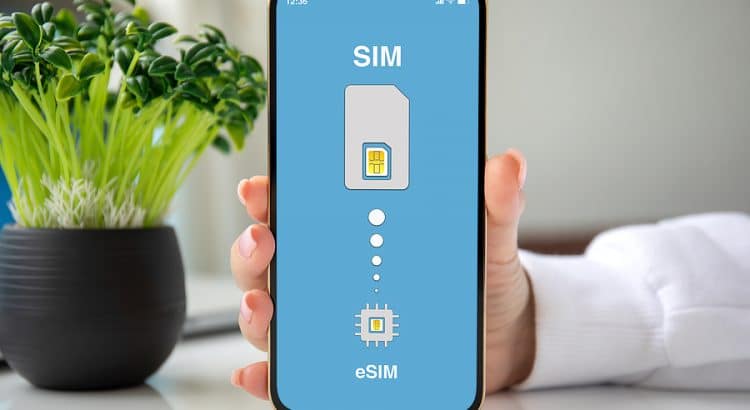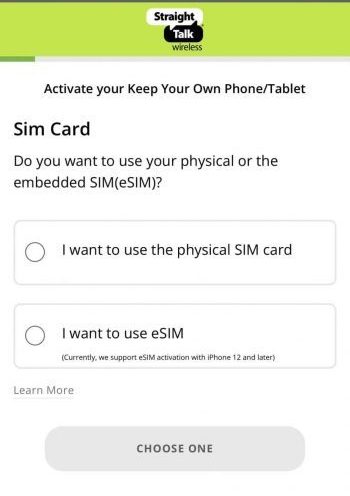Today, T-Mobile issued a press release announcing that it will delay the phaseout of Sprint’s legacy 3G/CDMA network. The phaseout had been set to occur on January 1, 2022, but it has now been pushed back three months to March 31, 2022.
In the press release, T-Mobile takes shots at Dish but does not mention the company by name (emphasis mine):
Recently it’s become increasingly clear that some of those partners haven’t followed through on their responsibility to help their customers through this shift. So, we’re stepping up on their behalf. We have made the decision to extend our deadline for the CDMA sunset by three months to March 31, 2022…Our reason for extending is simple: we want to give those partners who haven’t done the right thing for their customers every opportunity to step up now and do so.
There should be no more room for excuses.
I’ve updated my page on major networks’ 3G phaseouts to reflect the new plan.
Hat tip to Eli Blumenthal who tweeted about T-Mobile’s announcement.










